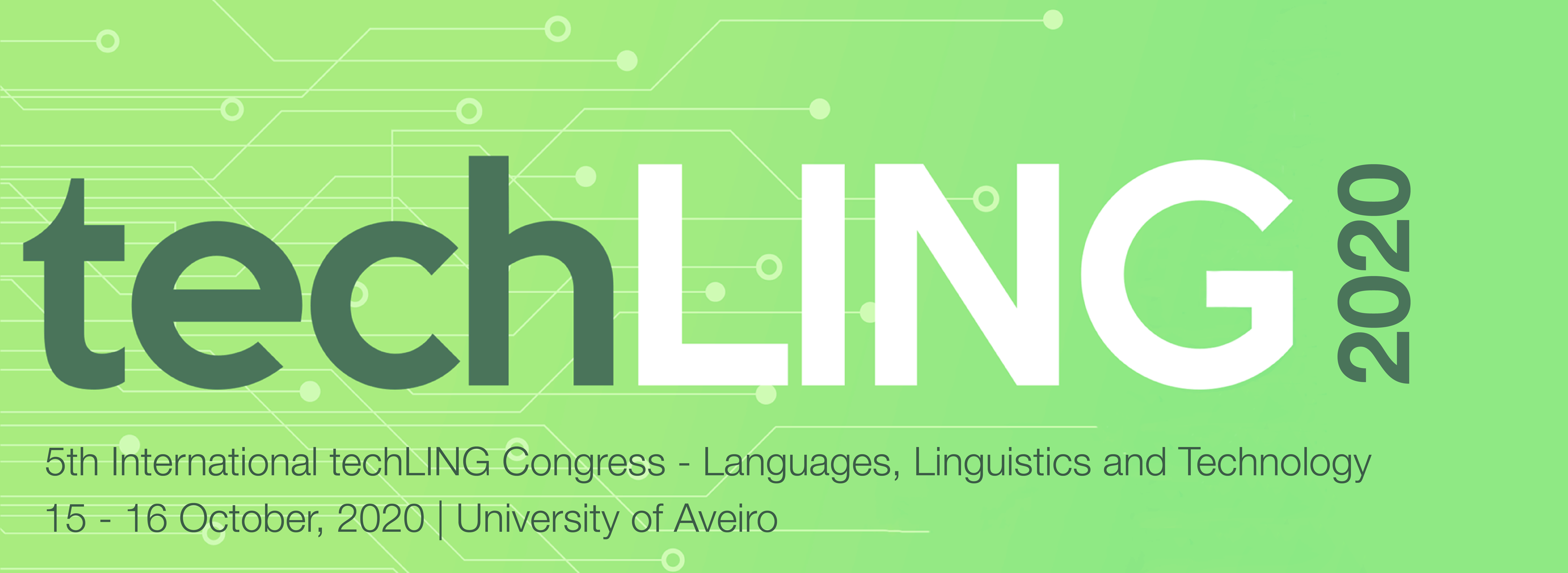
Ana Mª Pinto Llorente has a Doctorate in Educational Technology from the University of Salamanca (November 2012), a Diploma in Primary Education Teaching, specialising in Foreign Languages (2008) from the Pontifical University of Salamanca and a Degree in English Philology from the University of Salamanca (2003). Doctoral Assistant Professor in the Department of Didactics, Organisation and Research Methods at the University of Salamanca with a profile in Didactics and Organisation. She has been Coordinator of the Postgraduate Programme in Bilingual Education and Director of the Special Course in Bilingual Education in Infant, Primary and Secondary Education at the Universidad Pontificia de Salamanca. Her research focus on the use of ICT in training processes at different stages of education and online and blended learning.

Mário Cruz is Associate Professor at Politécnico do Porto – Escola Superior de Educação, where he teaches Spanish as a Foreign Language, Hispano-American Literature and Culture, Didactics of Languages, Intercultural Education and Educational Technology. He holds a graduate degree in Teaching of English and German, a M.A. in Didactics of Languages, a M.A. in Teaching of English and Spanish at Basic Education, a M.A. in Teaching of English and Spanish at 3rd Cycle of Basic Education and Secondary School, a PhD in Didactics and Professional Development and another PhD in Linguistic Studies. He is also a researcher at CIDTFF – Research Centre on Didactics and Technology in the Education of Trainers and an integrated researcher at inED – Centre for Research and Innovation in Education, where he coordinates the research project entitled CLIL 4 U and is the co-editor of Sensos-e Journal. He is the author and reviewer of scientific articles in the field of Didactics of Languages, Applied Linguistics, Special Needs Education and ICT applied to Languages Teaching.

Cristina Martins is an Associate Professor at the Faculty of Arts and Humanities of the University of Coimbra (UC), where she completed her PhD in Applied Linguistics (2004), teaching and designing face to face and online courses in Linguistics and in Portuguese, both as a native and a non-native language. Research interests range from the acquisition and teaching of Portuguese as a non-native language, bilingualism and language contact, to neuropsychological assessment. She coordinates the Portuguese in Contact group of the Research Centre for General and Applied Linguistics (CELGA-ILTEC), and digital resources development projects in the field, namely the PEAPL2learners’ corpora (subcorpus Portuguese as a Foreign Language, subcorpus East Timor and subcorpus Guinea-Bissau), and the UC team in the E-LENGUA and XCELING international projects led by the University of Salamanca. She has also been actively engaged in the standardization and codification efforts of Mirandese, a minority language of Portugal.

Helena Moniz is an Assistant Professor at the School of Arts and Humanities at the University of Lisbon, where she teaches Computational Linguistics, Computer Assisted Translation, and Machine Translation Systems and Post-editing. She graduated in Modern Languages and Literature – Portuguese Studies, at Faculty of Letters, University of Lisbon (FLUL), in 1998. She completed a degree in Teacher Training, also at FLUL. She received a Master’s degree in Linguistics at FLUL, in 2007 (awarded with the Portuguese Association for Linguistics prize), and a PhD in Linguistics at FLUL in cooperation with the Technical University of Lisbon (IST), in 2013 (awarded the second place in PROPOR PhD theses prize). She has been working at INESC-ID/CLUL since 2000, in several national and international projects involving multidisciplinary teams of linguists and speech processing engineers. Within this fruitful collaborations, she participated in 15 national and international projects. Since 2015, She is also a Linguistic Consultant for Unbabel, a translation company combining AI + post-editing, working on scalable Quality Assurance processes for crowdsourcing. She is responsible for the Quality Assurance processes developed at Unbabel for Linguistic Annotation and Editors' Evaluation, and also for research projects involving Linguistic/Translation Research and protocols with universities for hosting internships and secondments.
